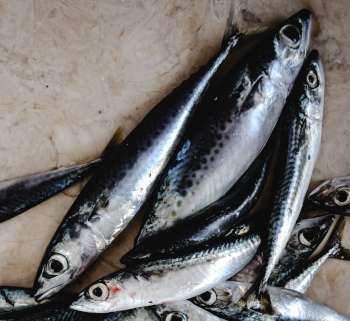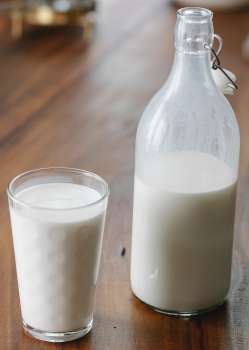Omega-3 fatty acids are essential for our overall health and well-being. They offer a wide array of benefits, including improved heart health, brain function, and reduced inflammation. To fully harness these benefits, it’s crucial to know where to find reliable sources of omega-3s. In this article, we will explore a variety of natural sources that are excellent for obtaining omega-3 fatty acids, empowering you to incorporate them into your diet and enjoy their health-boosting effects.

The Importance of Omega-3 Fatty Acids
Omega-3 fatty acids are a type of polyunsaturated fat that our bodies cannot produce on their own. Therefore, we must obtain them from external sources. These fats play a crucial role in supporting various bodily functions, including maintaining a healthy heart, supporting brain development, and reducing inflammation throughout the body.
Fatty Fish: A Rich Source of Omega-3s
Fatty fish, such as salmon, mackerel, sardines, and trout, are among the best sources of omega-3 fatty acids. These fish are rich in two types of omega-3s, eicosapentaenoic acid (EPA) and docosahexaenoic acid (DHA). Including fatty fish in your diet a few times per week can significantly boost your omega-3 intake.


Plant-Based Sources of Omega-3s
For those following a vegetarian or vegan diet, plant-based sources of omega-3s can be a great option. Flaxseeds, chia seeds, hemp seeds, and walnuts are excellent sources of alpha-linolenic acid (ALA), a type of omega-3 fatty acid. While ALA is not as readily converted to EPA and DHA as the omega-3s found in fatty fish, these plant-based sources still offer health benefits.
Other Sources of Omega-3s
Aside from fatty fish and plant-based sources, there are other options to consider. Some fortified foods, such as eggs, dairy products, and certain cereals, may contain added omega-3 fatty acids. Additionally, algae-based supplements provide a vegetarian source of EPA and DHA, making them suitable for individuals with dietary restrictions.


Incorporating Omega-3s into Your Diet
To maximize the benefits of omega-3 fatty acids, it’s important to incorporate them into your daily diet. Here are some practical tips:
- Enjoy fatty fish regularly: Aim to consume fatty fish at least twice a week to boost your omega-3 intake.
- Sprinkle flaxseeds or chia seeds: Add a tablespoon of ground flaxseeds or chia seeds to your morning smoothies, yogurt, or oatmeal.
- Snack on walnuts: Include a handful of walnuts as a nutritious and omega-3-rich snack.
- Choose omega-3-fortified foods: Look for products fortified with omega-3 fatty acids, such as fortified eggs or milk.
Supplementing with Omega-3s
If incorporating omega-3-rich foods into your diet is challenging, or if you have specific dietary restrictions, omega-3 supplements can be a convenient alternative. Fish oil capsules or algae-based supplements are widely available and offer a concentrated dose of EPA and DHA. However, it’s always best to consult with a healthcare professional before starting any new supplement regimen.
Conclusion:
Omega-3 fatty acids are crucial for maintaining optimal health, and incorporating them into your diet can have significant benefits. Whether you choose to consume fatty fish, plant-based sources, or opt for omega-3 supplements, the key is to ensure a consistent intake of these essential fats. By doing so, you can unlock the potential of omega-3 fatty acids and enjoy the positive impact they have on your overall well-being.
